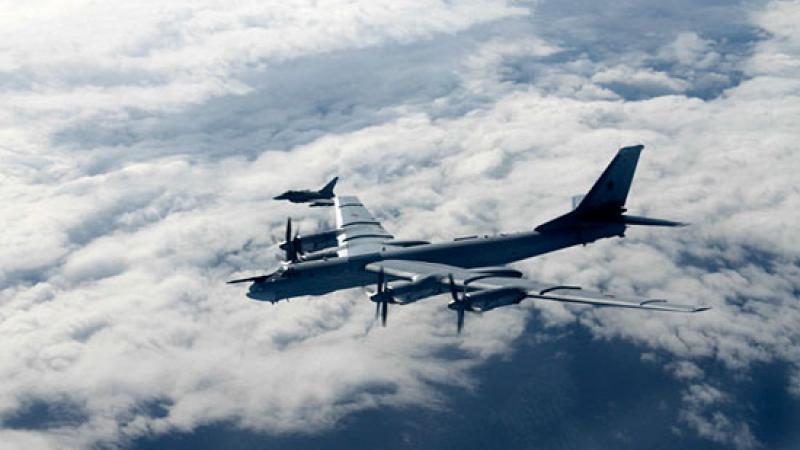During pandemic, soldiers train for war by playing video games
Unable to train in groups, soldiers are toggling controls and gazing at screens while in lockdown.
While Defense Secretary Mark Esper held a virtual talk Monday about force readiness during the pandemic, military commanders nationwide have turned to another virtual mainstay — video games — as a way for troops to maintain their skills.
Around the country, the troops are toggling controls and gazing at screens, substituting digital consoles for hands-on time with real-world heavy metal.
“Virtual training is the latest old-fashioned standby,” an official with the National Center for Simulation, a nonprofit advocacy group, told Just the News. “And it works.”
One Army unit has assigned its locked-down soldiers to train for tank operations by using online game systems.
Troopers from an armored brigade combat team with the 1st Cavalry Division at Fort Hood, Texas have, been assigned to use specific video games during lockdown.
“The idea came about after limitations were placed on training opportunities in order to protect the force,” troop commander Capt. Mike Manougian told an Army interviewer. “We have a lot of soldiers who enjoy video games in their free time. Talking with many of them we found out that a lot played tank games and so we began exploring opportunities.”
Team commanders tested some games and found the right mix for the mission, Manougian said.
The video games help soldiers rehearse driving tanks, using the firing systems, driving in formation and other skills, he said. The games place the user inside the gunner’s seat and the commander’s hatch, and also keep soldiers in contact with one another when they are socially isolating.
Additionally, Manougian said, the games help teach young soldiers about armor in general, and will prepare them for when they return fully to duty with newly issued tanks.
Units from other services, too, have brought video games into the training mix. Earlier during the pandemic, the Air Force launched an esports competition, in part to help airmen stay connected with one another in a digital world.
The use of games as a way to rehearse for war is nothing new. Around 3000 BC, in ancient China, one U.S. Army simulation expert noted, the game Wei-Hai (“encirclement”) enabled players to practice encircling one another’s territory. Around 500 BC in India, the game Chaturanga simulated battlefield maneuvers. In the Roman Empire, commanders used sand tables with figurines to help them envision war scenarios.
More recently, both the military and the entertainment industry swapped computerized war scenarios. Military training games such as Janus were reworked as commercial entertainment.
The military for years has viewed virtual training as a partial solution to maintaining readiness within the force. In 2010, the Pentagon — faced with budget cuts, combat drawdowns and increasingly diverse missions — noted that the recruiting pipeline consists of “digital natives” who would respond well to virtual training.
A 2014 survey from the Government Business Council showed that the military-training community had doubts. More than two-thirds of those who were surveyed said they were concerned that virtual training might not match real scenarios.
The coronavirus reframed the question into practical terms. The video games will strengthen the force while the lockdown remains in place, Fort Hood troop commander Manougian also said.
“This offers an excellent opportunity to improve crew-level proficiency for each crew member as well as repetitions in the troop leading procedures and orders process,” he said. “It will allow us to come out of shelter-in-place more proficiently as tank crews and ready to maximize training in [Close Combat Tactical Trainers] and new equipment training when we receive our new tanks.”
The pandemic has had a “very low impact on readiness,” Esper said today. “But over time, we are anticipating a greater impact,” if the disease trajectory worsens. In which case, training via video game may become more the norm than the exception.
















